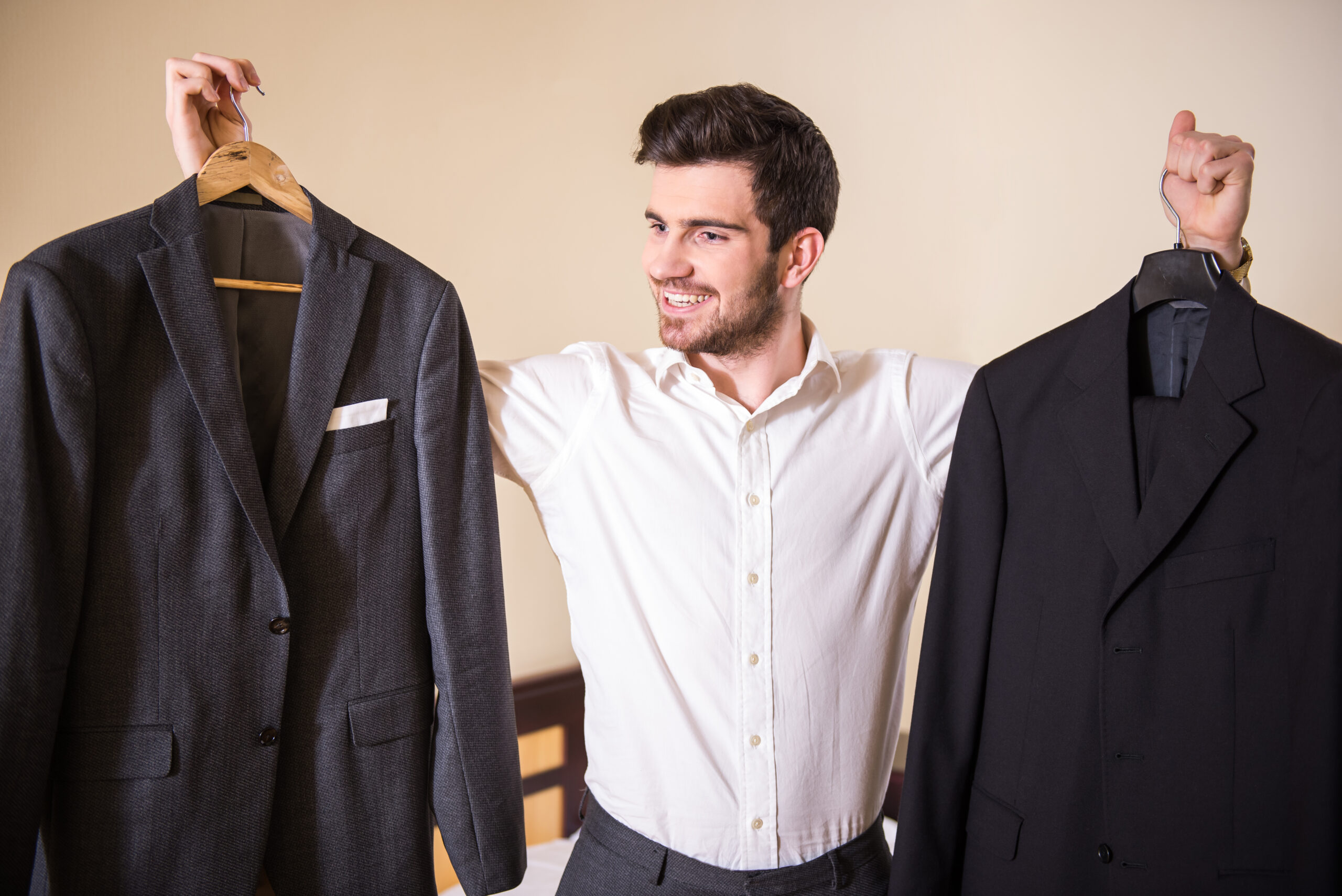We all know that how we dress influences how people see us – it’s why we might wear a suit for a job interview, or high heels for a date, because we want to be perceived in a businesslike or romantic light.
What’s less known is that how we dress has a definite impact on not just how we see ourselves, but how we actually perform.
In a study establishing the phenomenon of enclothed cognition, subjects were randomly assigned to either remain in their street clothes or don a doctor’s coat, before being tested on their ability to note details and differences among similar images.
Across a series of tests, the subjects who got to wear doctor’s coats consistently showed greater ability to note details more quickly and accurately, demonstrating that the physical act of wearing the coat enabled a significant improvement in cognitive acuity.
Subsequent studies further suggest that:
- Formal clothing enhances authority, abstract thinking, and the ability to negotiate.
- Casual clothes boost openness and agreeableness.
- Activewear prompts us to really work out, as well as make healthier choices.
- Vivid colors are energizing, while quieter hues are mellowing.
Although the findings on color may not be revolutionary to most of us, we typically wear cheerful colors when we’re happy and dark ones when we feel subdued. Enclothed cognition implies that the opposite may be strategic – we might want to wear bright colors when we’re feeling lazy and softer tones when we need to keep a cool head.
The concept isn’t new to crisis experts, many of whom say that, even in an emergency, it can be worth sparing a few moments to get dressed – metaphorically ‘putting on armor,’ which makes us feel calmer and more in control, facilitating better decision-making.
In our current crisis, we can use enclothed cognition to optimize our state of mind, positivity, and productivity. Working from home may make it tempting to stay in pajamas all day long, but even just color-coordinating our ‘Zoom attire’ —dressy top, comfy bottom—can release helpful neurotransmitters like dopamine and serotonin.
Such chemicals give us a sense of well-being and purpose, while the act of getting dressed, in itself, brings structure to our days, clearly dividing work time from personal time, which helps us function better in both aspects of our lives.




